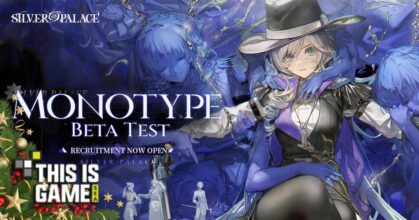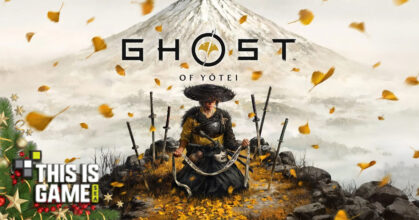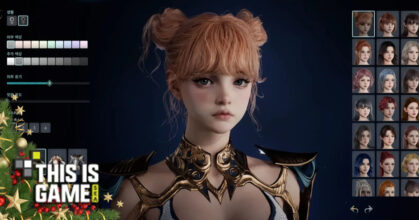7 Reasons Why Gacha Games Need a Strong Battle System

In the world of Gacha games, players invest heavily in characters and equipment, yet often rely on auto-play during dungeons and stages. This may seem contradictory; why bother with complex battle systems and stunning combos if players barely touch the screen? The truth is that the game does not necessarily want constant manual input. Instead, the developers aim to make players feel like the creator of the elite team they assembled. Even when using auto-play, players want to feel proud of the squad they built with gems, money, and dedication.
1. The Game Makes You Feel Skilled, Not Just Busy

Gacha games are rarely designed for the lightning-fast reflexes of an esports competitor. What the game truly seeks is for players to feel like the ultimate strategist, the coach, and the team owner. Utilizing auto-play is not laziness. It is the action of sitting on the planning throne. The player chooses the characters, optimizes the team, upgrades the equipment, and sets the stats. When the team confronts any enemy, the player gets the satisfaction of knowing their planning is being proven on the battlefield.
2. Characters Are Loved People, Not Just Units

In Gacha games, a character is more than just a skin with damage numbers and skills. They are partners in a fantasy world, or perhaps figures of silent admiration. Players select them based on their style, appearance, character design, or voice acting. Seeing the chosen hero execute beautiful skills, even on auto-play, brings immense joy. They are not merely damage units; they are heroes players trust to carry the team. They have stories and personality, and the player is proud to send their champion onto the field.
3. Battle Sounds Are the Gamer’s ASMR

The sounds of a character swinging a sword, an ability hitting the ground with a loud explosion, or the satisfying chime of a critical hit act as a form of audio satisfaction. For gamers, the sounds of swords, guns, buffs, and critical hits provide comfort after a long day. Players might not press the buttons themselves, but they still consume the excitement through sight and sound. Games must feature dynamic, high-quality sound design. Just by listening, players can feel their team’s power flowing through the speakers.
4. Combat is a Form of Art

In Gacha games, combat serves a purpose beyond just winning; it is a stage to showcase aesthetic design. Every sword swing, the circular pattern of a spell, the movement of clothing during a major skill, and the dazzling effects are all part of an animated masterpiece. Developers do not create these scenes for fast button-mashing. They create them to make the fantasy world feel alive. Even on auto-play, the player remains engaged. They admire the beauty, the coolness, and the power displayed.
5. Players Still Want to Grasp the System

Even when the game’s bot handles the fight, the player inherently wants to know why the team is winning. They seek to understand which skills combo together, the required CRIT values, and the optimal gear for a tank build. This curiosity is similar to wanting to understand how an automatic machine works. The fun of a Gacha game is not just watching the team win. It lies in deciphering the system, experimenting with teams, and refining tactics. Only those who understand the deep system can continually create new and superior team setups.
6. Auto-Play is a Bragging Right

Letting a team automatically clear a dungeon without needing any manual input provides a sense of quiet accomplishment. It is like effortlessly acing an exam without studying. In Gacha games, auto-play success is a way of saying, “My team is superior.” It is a subtle way to show off cool strategic prowess. Many players want to clear content not just successfully, but spectacularly. Passing a stage manually is something anyone can do. Clearing it consistently and flawlessly on auto-play is a mark of a truly great planner.
7. It Helps Distinguish Which Games to Keep

The auto-play system is not intended to encourage a lack of engagement. Instead, it serves as a secret test for the Gacha game’s long-term health. If auto-play is smooth, enjoyable to watch, and the results feel rewarding, the player knows the game is well-designed and worth continuing. Conversely, if watching the auto-play is boring, sluggish, or feels like watching a character run aimlessly, the game’s appeal has expired. Auto-play becomes an effective filter, highlighting games built for growth and longevity versus those simply designed to waste time.
Ultimately, even if players run their phones ragged with constant auto-play, they still want to see their beloved characters deliver stylish, spectacular attacks. A Gacha game’s success is not measured by manual inputs. It is measured by the pride, connection, and emotional investment players feel in the force they have personally created. If watching the team fight can make the player smile, the game has succeeded in its primary mission.





